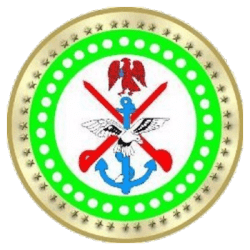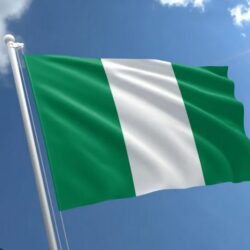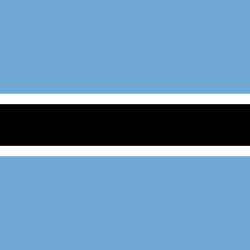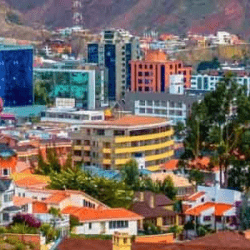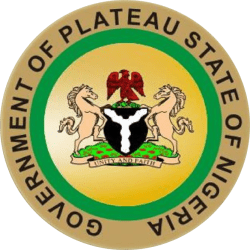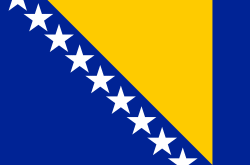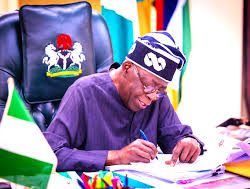The Federal Government of Nigeria has 42 federal agencies, namely:
1 Budget Office, Federal Ministry of Finance
2 Bureau of Public Enterprises (BPE)
3 Central Bank of Nigeria (CBN)
4 Corporate Affairs Commission (CAC)
5 Debt Management Office
6 Department of Petroleum Resources (DPR)
7 Economic and Financial Crimes Commission (EFCC)
8 ECOWAS
9 Federal Aviation Authority of Nigeria (FAAN)
10 Federal Housing Authority (FHA)
11 Federal Inland Revenue Service (FIRS)
12 Independent Corrupt Practices & Other Related Offences
13 Independent National Electoral Commission (INEC)
14 Industrial Training Fund
15 National Agency for Food and Drug Administration and Control (NAFDAC)
16 Nigerian National Assembly
17 National Bureau of Statistics (NBS)
18 National Council on Privatisation (NCP)
19 National Orientation Agency (NOA)
20 National Planning Commission (NPC)
21 National Examination Council – NECO
22 National Economic Empowerment & Development Strategy (NEEDS)
23 The New Partnership for Africa’s Development (NEPAD)
24 National Poverty Eradication Programme (NEPAP)
25 The Nigeria Export Processing Zones Authority
26 National Health Insurance Scheme (NHIS)
27 Nigeria Deposit Insurance Corporation (NDIC)
28 Nigeria Investment Promotion Commission (NIPC)
29 Nigeria National Petroleum Corporation
30 Nigeria Postal Services
31 Nigeria Stock Exchange
32 Nigerian Air force
33 Nigerian Army
34 Nigerian Communications Commission (NCC)
35 Nigerian LNG
36 Nigerian Police
37 Nigerian Television Authority (NTA)
38 Power Holding Company of Nigeria (PHC)
39 Security and Exchange Commission (SEC)
40 ServiCom
41 The Standards Organization of Nigeria (SON)
42 West Africa Examination Council (WAEC)
Nigeria
Nigeria is a country in Africa, a regional power on the continent and an emerging power on the international scene.

It has 36 states and a Federal Capital Territory, Abuja.
Having being divided into states, the country is further divided into 774 Local Government Areas (LGAs).
The LGAs are under the control of their respective states.
The country has the largest economy in Africa.
Nigeria’s population is over 230 million, making it number 1 most populated country in Africa, and number 6 in the world.

It covers an area of 923,769 square kilometres (356,669 sq mi).
It is situated between the Sahel to the north and the Gulf of Guinea to the south in the Atlantic Ocean.

Nigeria borders Niger in the north, Chad in the northeast, Cameroon in the east, and Benin in the west.
It is often referred to as the Giant of Africa owing to its large population and economy and is considered to be an emerging market by the World Bank.

However, the country ranks very low in the Human Development Index and remains one of the most corrupt nations in the world.

The largest city in Nigeria is Lagos, one of the largest metropolitan areas in the world and the largest in Africa.

Nigeria is a multinational state inhabited by more than 250 ethnic groups speaking 500 distinct languages, all identifying with a wide variety of cultures.
The official language is English, chosen to facilitate linguistic unity at the national level.
Nigeria is a founding member of AU (African Union) and a member of other international organizations including UN (United Nations), Commonwealth of Nations and ECOWAS (Economic Community of West African States).

